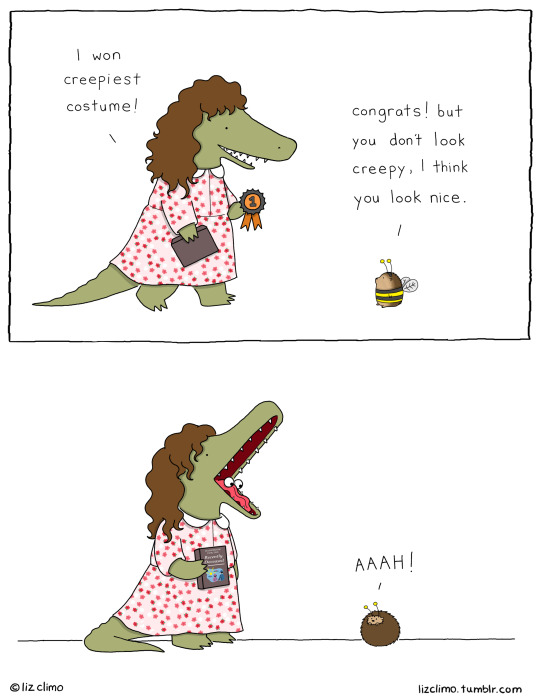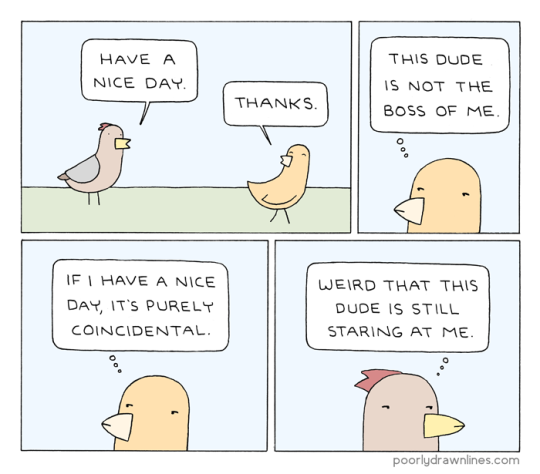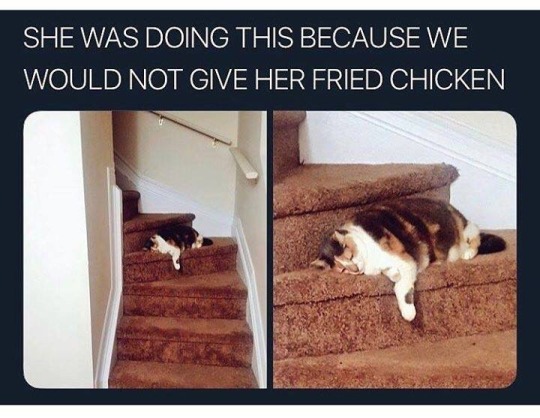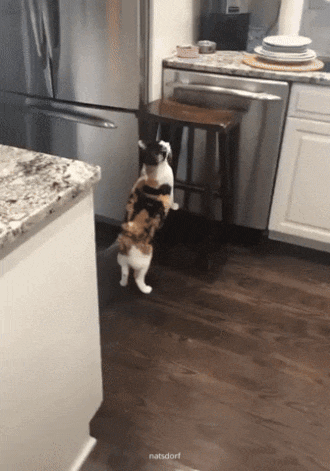Waywardchase's (MaxieFelix's) reblog...blog. Cute, cool, colorful, comedic, and quirky stuff here.
Don't wanna be here? Send us removal request.
Text
Pussy is not short for pusillanimous.
That stupid post about “pussy” being short for “pusillanimous” pisses me off so fucking much and I’m going to tell you why. (PS: Masters degree in English linguistics talking here ya’ll.)
In short, no. “Don’t be a pussy” is not short for “don’t be a pusillanimous.” No. It isn’t. And people should stop saying it. You need some reasons to believe me?
1. It doesn’t make sense grammatically. Pusillanimous is an adjective — a describing words — not a noun. In the same way you can’t say “Don’t be a quiet” or “Don’t be a small” or “Don’t be a green” or “Don’t be a spicy”, you can’t say “Don’t be a pusillanimous.” You can’t tell people not to be a/an adjective.
2. It isn’t backed up by any scholarship whatsoever. Per Mirriam-Webster, the version of “pussy” that means “weak” or “timid” is short for “pussycat.” Not pusillanmous. Look up the word “pants” and you’ll see that it’s short for pantaloons, or the word “perks” and you’ll see it’s short for perquisites. Dictionaries do note origins like that. They don’t, however, state that pussy is short for pusillanimous, because it’s NOT.
3. There is plenty of documentation to connect the word “pussy” to the concept of women. It was for a while a term of endearment for women, especially for very old or very young women. (Read any Agatha Christie book starring Miss Marple and you will probably encounter someone who refers to Miss Marple as “a sweet old puss” or “a nice old pussycat.” In Uncle Tom’s Cabin, Eva’s father calls her “pussy.”)
It also is well known as a slang for a woman’s genitals. Per etymology online, it is “Perhaps from Old Norse puss ‘pocket, pouch’ (cf. Low German puse ‘vulva’)” but might also be connected to cats, based on the “notion of ‘soft, warm, furry thing’; cf. French le chat, which also has a double meaning, feline and genital.’ “ It isn’t just a coincidence of words, morphemes or phonemes; there seems to be a cultural connection between the idea of a cat and the idea of a woman.
4. There is also plenty of documentation for it being used to degrade men for being seen as weak or feminine. Again per etymology online, from the 1580s it was used of effeminate men. For example, “To play pussy was World War II RAF slang for ‘to take advantage of cloud cover, jumping from cloud to cloud to shadow a potential victim or avoid recognition.’” At dictionary.com, the third meaning of the word “pussy” has four senses: 1) the vulva, 2) sex with a woman, 3) a woman viewed as a sex object and 4) a weak, timid, or effeminate man. Note that they didn’t separate these four senses into completely different definitions, either. The definition of pussy as “weak man” is seen as intrinsically related to pussy meaning “the sexual aspect of a woman.”
5. People hear what they hear, no matter what you think you’re saying. What if I decided to say that the word “dick” is short for “dictator”? And then whenever I called someone a dick I said, “but I don’t mean it as in penis, I mean it as in short for dictator!” Whether or not it was true, it wouldn’t matter. What people would hear is dick as in penis, and that would be what they would understand. Similarly, even if, buried in the far mists of time, pussy really were short for pusillanimous — which I again state definitively it is not — but even if it were, that isn’t how people understand it now.
6. Sometimes words are offensive just because of what they sound like. Consider, for example, the word “niggardly.” Did you sort of wince when you read that? Because I winced a little as I typed it. The thing about that word is it has nothing whatsoever to do, etymologically, with the n-word. The n-word derives from the Latin word for “black” (for example, the word ‘negro’ means ‘black’ in Spanish). Niggardly derives from a totally different source and means “miserly” or “ungenerous.” But we all know what it sounds like. So it has become a word that most people don’t want to use anymore. And you know what? That’s fine. I love language, and I’m sad to see a word die, but we have “miserly” and “ungenerous” right here to fill that particular void, and I am fine to wave goodbye to “niggardly” because it sounds like a very offensive word. So what I’m saying is, if a word seems offensive, then it is. That’s how language works. In a polite society, we don’t deliberately use offensive words when other words are available that aren’t offensive.
7. Using the word to draw a connection between women’s sexuality and weak, useless men indicates that feminine sexuality is weak and that men shouldn’t act like women unless they want to be ridiculed. And that’s fucking ignorant and sexist against both genders.
8. Because it is clearly offensive, just stop. STOP. And don’t fucking quote Stephen Fry’s “who cares if it’s offensive” quote at me. You’re probably taking it out of context anyway. Listen: offensiveness is important because this is a cooperative species and we should fucking work together to not be assholes. Simple enough.
TL;DR? Pussy is not short for pusillanimous. Going back through the research, the word is closely related to women, women’s genitalia, and weak, effeminate men. The use of the word to mean “coward” is offensive to both genders — somewhat more to women than to men — and if you have an ounce of maturity you will stop using it that way.
39K notes
·
View notes
Text
when im playing out a daydream scenario in my head and i catch myself trying to rush to The Good Part™:
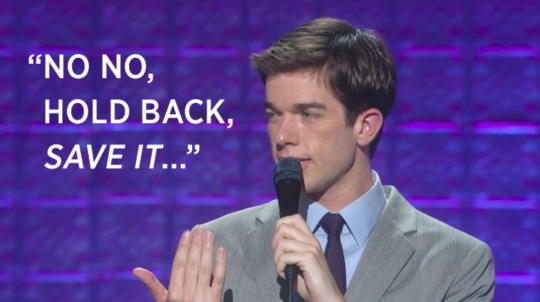
283K notes
·
View notes
Video
I’d like to introduce everyone to my new theme song
296K notes
·
View notes
Video
11K notes
·
View notes
Video
“I’m gonna touch it…I touched it!” (via makkurokuronek1)
1K notes
·
View notes
Text
A mom helping her kids beat a hard level in Super Mario Land, 1990s.
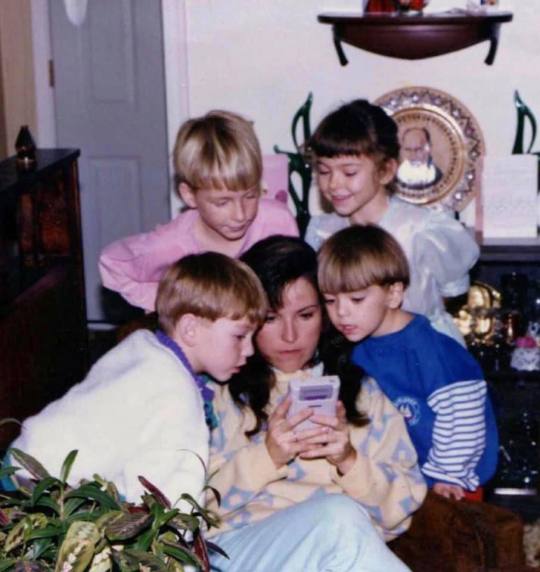
350K notes
·
View notes
